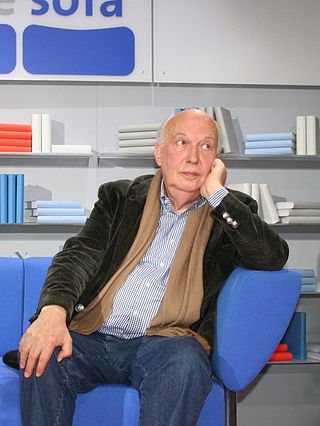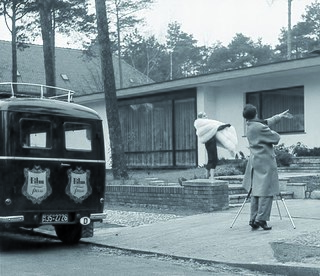This article includes a list of references, related reading, or external links, but its sources remain unclear because it lacks inline citations .(September 2018) |
Michael Diers (born 15 March 1950, in Werl, West Germany) is a German art historian and professor of art history in Hamburg and Berlin.
Contents
Diers studied art history, literature, and philosophy in Münster and Hamburg, where he received his doctorate with a thesis on Aby Warburg. He also received his postdoctoral lecture qualification in 1994. From 1990 to 1992 he was assistant professor at the Kulturwissenschaftliches Institut, Essen, and subsequently at the Department of Art History, Universität Hamburg, in the joint research project "Politische Ikonographie". In 1994 he became lecturer at the Universität Jena, in 1999 at the Humboldt-Universität zu Berlin, where he also served as Director of the Department of Art History (2000–2002).
In 2004, Diers was appointed professor of art history and visual studies at the Hochschule für bildende Künste Hamburg, where he retired in 2017. [1] In the same time, he was also adjunct professor of art history at the Humboldt-Universität zu Berlin. His fellowships include the IKKM (Weimar), [2] the Deutsches Forum für Kunstgeschichte (Paris), the Bard College Center (New York), the Deutsches Studienzentrum (Venice), and the Getty Research Institute (Los Angeles, 2017/18). [3] Apart from his academic affiliations, Diers has also worked extensively as a free-lance art critic and curator. In his teaching practice and in his art historical research, Diers follows a motto he first encountered in a neon sculpture by Maurizio Nannucci: "All art has been contemporary". [4]
Diers' research interests are the art of the Renaissance and modern and contemporary art (photography, film, new media), focusing on political iconography, intellectual history, picture theory, and media theories. In 1991 Diers became first editor, and subsequently chief editor, of the renowned pocketbook series "Kunststück" (Fischer Verlag, Frankfurt, 1991–2001, 102 vols). From 2005 to 2007 he edited the series "FUNDUS" (Philo Fine Arts, Hamburg). He currently serves as co-editor of the "Studienausgabe Aby Warburg, Gesammelte Schriften" (De Gruyter, since 1998) and from 2004 to 2016 the monograph series "Humboldt-Schriften zur Kunst- und Bildgeschichte" (Gebr. Mann Verlag, Berlin).
Diers is a regular contributor to the Frankfurter Allgemeine Zeitung, to the Süddeutsche Zeitung, to the Neue Zürcher Zeitung, Die Zeit and Tageszeitung.






